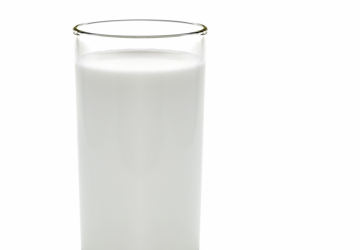The big news this week is that salt is officially the latest target in the national fight to control the American diet. The Washington Post originally reported on Tuesday that the FDA is moving to seek mandatory restrictions on how much salt can be in foods. The FDA denied this strategy in a statement. But judging from what public health activists are saying, it’s likely that the Post story will prove prophetic.
Yesterday the Institute of Medicine (IOM) released a report titled “Strategies to Reduce Sodium Intake in the United States.” Among many recommendations, the report states that the FDA should target salt’s “GRAS” (Generally Recognized As Safe) status and limit how much can be in certain foods, before lowering it as part of a “step-down” process. In other words, government-mandated blandness may not be so far off.
There’s no doubt that the Center for Science in the Public Interest (CSPI) is pleased. CSPI has fought against salt for 30 years in an attempt to get the FDA to revoke its “GRAS” status, calling salt “the deadly white powder you already snort” and the “single most dangerous ingredient in the food supply.”
CSPI even sued the Denny’s restaurant chain last year over the salt content of its dishes. And once the FDA no longer considers salt “generally recognized as safe,” can a stampede of trial lawyers looking to sue over canned soup and deli meat be far behind?
Lawsuits aren’t the only thing we have to look forward to. The IOM report recommends research to determine the “appropriate” amount of salt to allow in different kinds of food. Of course, it’s hard to imagine the government creating a regulation for how much salt (or other ingredients) can be in every single thing we eat. At that point, the feds might as well publish their own “approved” recipe book. (We’re sure CSPI already has one prepared).
There may actually be no need for such a determination. Research from UC-Davis last fall found that our bodies naturally regulate the amount of salt we take in, making government intervention ultimately pointless. And let’s not forget that attempts to tinker with salt intake were challenged by the editor of the American Journal of Hypertension this year as amounting to “an experiment on a whole population.”
It’s one thing for the government to make dietary recommendations, such as daily intake guidelines for different nutrients. But when Big Brother crosses the line between suggestions and demands, that’s another thing entirely.
If the FDA sets limits on salt, what's next? We’re waiting for FDA “strike teams” to bust sushi bars for providing too much soy sauce.




